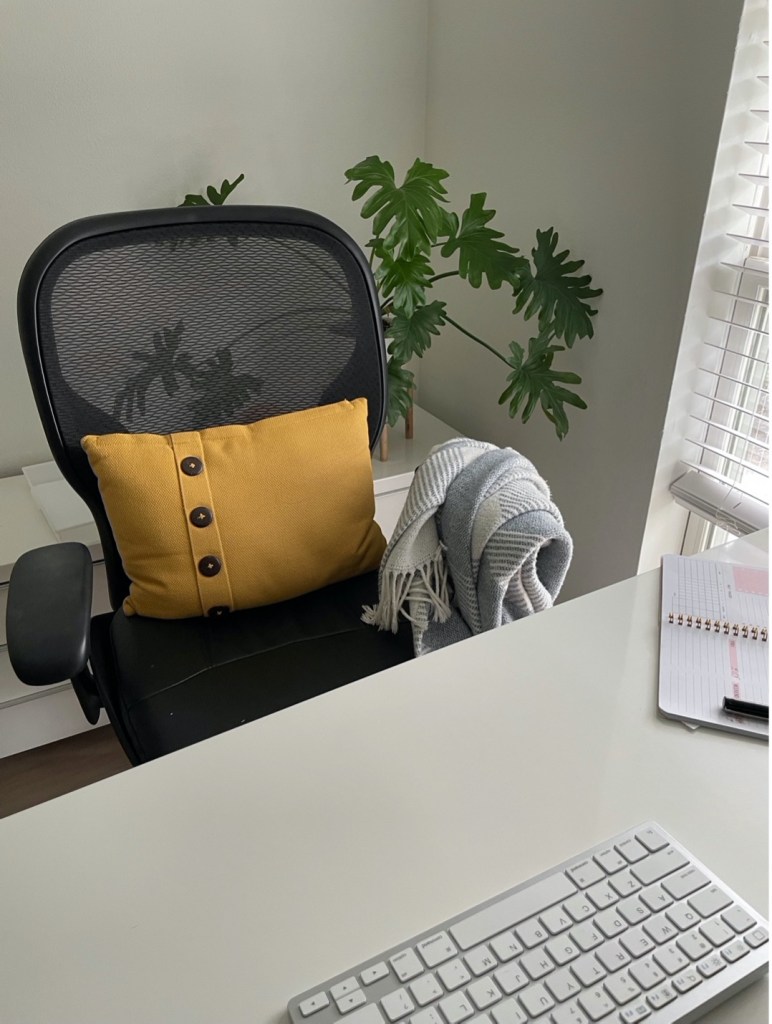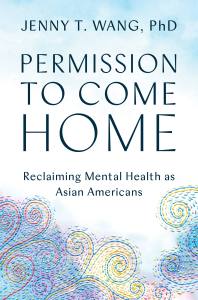Dr. Jenny Wang
 Dr. Jenny Wang (she/her) is a Taiwanese American clinical psychologist and national speaker on Asian American mental health and racial trauma in Asian American, BIPOC, and immigrant communities. Her work focuses on the intersection of Asian American identity, mental health, and social justice. She is the founder of the @asiansformentalhealth Instagram community, in which she discusses the unique experiences of Asian diaspora and immigrant communities. She spearheaded the Asian, Pacific Islander, and South Asian American Therapist Directory and its companion Canadian directory to help Asians seek culturally-reverent mental health providers.
Dr. Jenny Wang (she/her) is a Taiwanese American clinical psychologist and national speaker on Asian American mental health and racial trauma in Asian American, BIPOC, and immigrant communities. Her work focuses on the intersection of Asian American identity, mental health, and social justice. She is the founder of the @asiansformentalhealth Instagram community, in which she discusses the unique experiences of Asian diaspora and immigrant communities. She spearheaded the Asian, Pacific Islander, and South Asian American Therapist Directory and its companion Canadian directory to help Asians seek culturally-reverent mental health providers.Permission to Come Home takes Asian Americans on an empowering journey toward reclaiming their mental health. Weaving her personal narrative as a Taiwanese American together with her insights as a clinician and evidence-based tools, Dr. Jenny T. Wang explores a range of life areas that call for attention, offering readers the permission to question, feel, rage, say no, take up space, choose, play, fail, and grieve. Above all, she offers permission to return closer to home, a place of acceptance, belonging, healing, and freedom.
 This is where I wrote most of Permission to Come Home. Just me, a laptop, and a chair surrounded by plants. I kept photos of my kids in front of me to remind me of why I wrote this book. I wanted this to be a tangible piece of me that my kids could hold and experience one day. Throughout the writing journey, I held on to the hope that when my kids are my age, the stigma toward mental health will be erased by our collective commitment to normalize mental health.
This is where I wrote most of Permission to Come Home. Just me, a laptop, and a chair surrounded by plants. I kept photos of my kids in front of me to remind me of why I wrote this book. I wanted this to be a tangible piece of me that my kids could hold and experience one day. Throughout the writing journey, I held on to the hope that when my kids are my age, the stigma toward mental health will be erased by our collective commitment to normalize mental health.

 As an Asian American woman within the culture of my upbringing, I was more often told to be quiet than to speak my mind. In Western society, Asian Americans are also often seen as passive, docile, and compliant. These forces made me feel invisible for much of my life. Too afraid to allow myself to be seen. And yet, this hiding and secrecy are often a direct threat to our mental health. Because secrecy and silence allow shame to grow in dark places within ourselves. So, writing this book was an attempt at allowing myself to be visible and to break the shame and silence of our mental health difficulties. By sharing my struggles and the intergenerational pain of my family’s story, I hope to invite my community into growth and healing. I will have to be honest that this visibility is one of the most terrifying experiences of my life! But this work requires all of us to be honest, raw, and real, which is what I hoped to offer in this book.
As an Asian American woman within the culture of my upbringing, I was more often told to be quiet than to speak my mind. In Western society, Asian Americans are also often seen as passive, docile, and compliant. These forces made me feel invisible for much of my life. Too afraid to allow myself to be seen. And yet, this hiding and secrecy are often a direct threat to our mental health. Because secrecy and silence allow shame to grow in dark places within ourselves. So, writing this book was an attempt at allowing myself to be visible and to break the shame and silence of our mental health difficulties. By sharing my struggles and the intergenerational pain of my family’s story, I hope to invite my community into growth and healing. I will have to be honest that this visibility is one of the most terrifying experiences of my life! But this work requires all of us to be honest, raw, and real, which is what I hoped to offer in this book.
 I just finished Stephanie Foo’s memoir, What My Bones Know, in which she shares about her journey healing from complex post-traumatic stress disorder. Her writing is incisive, engaging, heartbreaking and uplifting all at the same time. This book also challenges the silence and shame often surrounding childhood abuse within Asian American communities. It’s a wonderful book!
I just finished Stephanie Foo’s memoir, What My Bones Know, in which she shares about her journey healing from complex post-traumatic stress disorder. Her writing is incisive, engaging, heartbreaking and uplifting all at the same time. This book also challenges the silence and shame often surrounding childhood abuse within Asian American communities. It’s a wonderful book!
 My grounding purpose for writing this book is to destigmatize mental health within Asian communities. I wanted to help our community normalize the act of protecting and maintaining our mental health, which forms the foundation of a life well-lived. Aspects of Asian culture emphasize permission “seeking” from our parents, culture, or society at large and I wanted this book to help us claim permission over the areas of our lives that impact mental health. In this book, I invite readers to explore how we relate to our emotions, assert our boundaries, honor our anger, grieve our losses, and much more as children of immigrants and members of Asian diasporas. My hope is that our community sees that mental health permeates all facets of our lives and that we can take active steps to protect our mental wellbeing.
My grounding purpose for writing this book is to destigmatize mental health within Asian communities. I wanted to help our community normalize the act of protecting and maintaining our mental health, which forms the foundation of a life well-lived. Aspects of Asian culture emphasize permission “seeking” from our parents, culture, or society at large and I wanted this book to help us claim permission over the areas of our lives that impact mental health. In this book, I invite readers to explore how we relate to our emotions, assert our boundaries, honor our anger, grieve our losses, and much more as children of immigrants and members of Asian diasporas. My hope is that our community sees that mental health permeates all facets of our lives and that we can take active steps to protect our mental wellbeing.

Leo. Yes and No? It’s funny because I actually hate visibility and drama, which seems to be opposite to the flare and bravado of a Leo. But I do feel that I am drawn to living life passionately. When I feel that I spend a lot of time on things that do not stir curiosity or passion, I feel quite disconnected and discontent with life. I am also highly relational, but also strongly introverted so I move between engagement and self-preservation frequently!

Invitation, Journey, Transformation
“Dr. Jenny T. Wang has been an incredible resource for Asian mental health. I believe that her knowledge, presence, and activism for mental health in the Asian American/Immigrant community have been invaluable and groundbreaking. I am so very grateful that she exists.”—Steven Yeun, actor, The Walking Dead and Minari
Asian Americans are experiencing a racial reckoning regarding their identity, inspiring them to radically reconsider the cultural frameworks that enabled their assimilation into American culture. As Asian Americans investigate the personal and societal effects of longstanding cultural narratives suggesting they take up as little space as possible, their mental health becomes critically important. Yet despite the fact that over 18 million people of Asian descent live in the United States today — 5.6 percent of the population — they are the racial group least likely to seek out mental health services.
Permission to Come Home confronts and destabilizes the stigma Asian Americans face in caring for their mental health. Weaving her personal narrative as a Taiwanese American and insights as a clinician with evidenced-based tools, Dr. Jenny T. Wang offers readers permission to embrace their mental and emotional self-care while understanding and honoring the richness of their heritage and embodying a new, complete identity. In ten chapters, each one focusing on a central theme—from recognizing emotions, to establishing boundaries, managing anger, and introducing play into one’s life—Dr. Wang presents a road map for the journey to wholeness.

